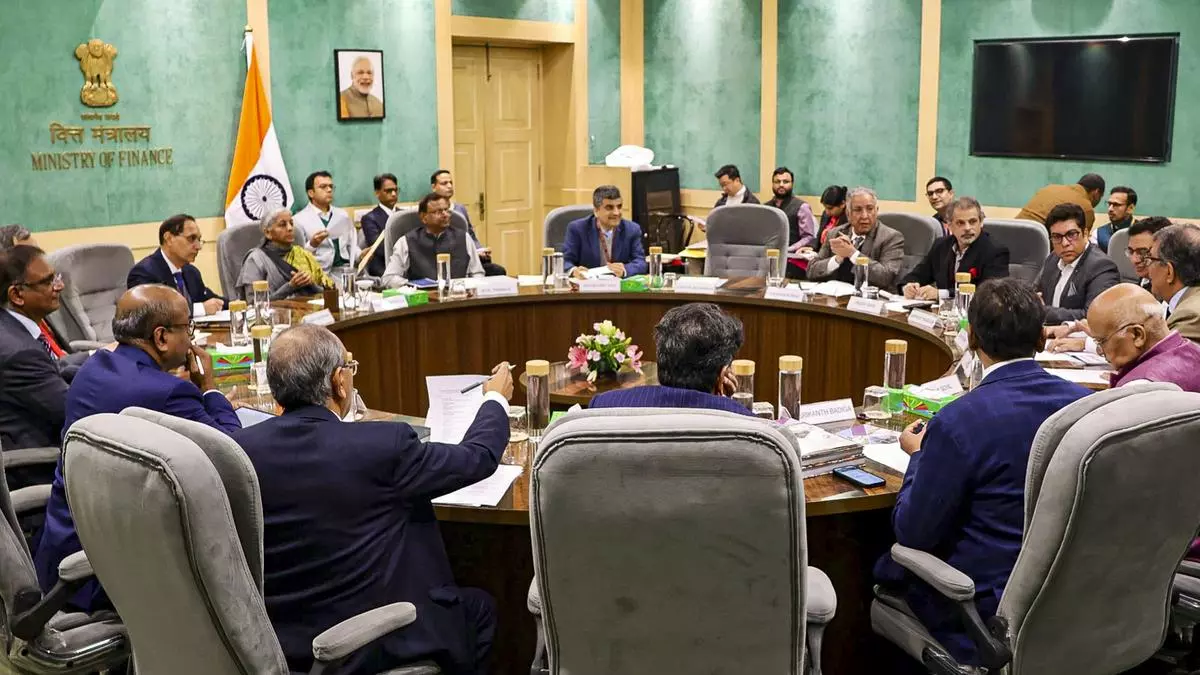Stocks of most textile companies rallied on hopes for better export prospects with the unrest in Bangladesh opening up fresh opportunities despite looming geopolitical concern and supply chain disruption.
Welspun Living was up six per cent at ₹174, while Himatsingka Seide and Gokuldas Exports increased eight per cent and six per cent to ₹211 and ₹1,037, respectively. Indo count Industries jumped 13 per cent to ₹387 each share.
Textiles exports increased 12 per cent in October to $1.83 billion from the year-ago period. Apparel exports registered 35 per cent year-on-year growth in October due to realignment of the global supply to India amid the prolonged unrest in Bangladesh.
Push from govt incentives
Backed by government incentives, some Indian exports have increased their market share in the US and have emerged as a preferred sourcing destination despite global headwinds and disruptions due to ongoing wars.
Dr Siddhartha Rajagopal, Executive Director, Cotton Textiles Export Promotion Council, said short-term gains are being reported due to the Bangladesh crisis, especially in the garment segment.
Some of the Christmas-season orders meant for Bangladesh seem to be coming India’s way with home textiles exports also in positive territory. Overall demand trends are looking up and this fiscal will end on a positive note, he said.
FTA and festive season
Besides the Bangladesh crisis, textile exporters have also benefited from the free trade agreement (FTA) signed with countries like South Korea, Japan, Australia and Mauritius.
Ashutosh Somani, Executive Director, Institutional Equity Research, JM Financials said the global inventory de-stocking cycle has now come to an end, with Indian players expecting relatively better demand in the second half of this fiscal as retailers gear up for the holiday season.
With rising labour costs amidst the China-plus one theme playing out, China has been losing market share across the world with its share in UK alone falling to 19 per cent this year from 27 per cent in 2020, said Somani.
The internal turmoil in Bangladesh and high factor costs in Vietnam might play well for Indian exporters, he said.
Ongoing wars have disrupted the traditional trade routes adding to the cost burden and this is the appropriate time for the government to support this labour-intensive sector through hand-holding, capacity augmentation, skilling, investment and sustained financial support to this MSME-driven sector, said a textile company executive.







Leave a Comment